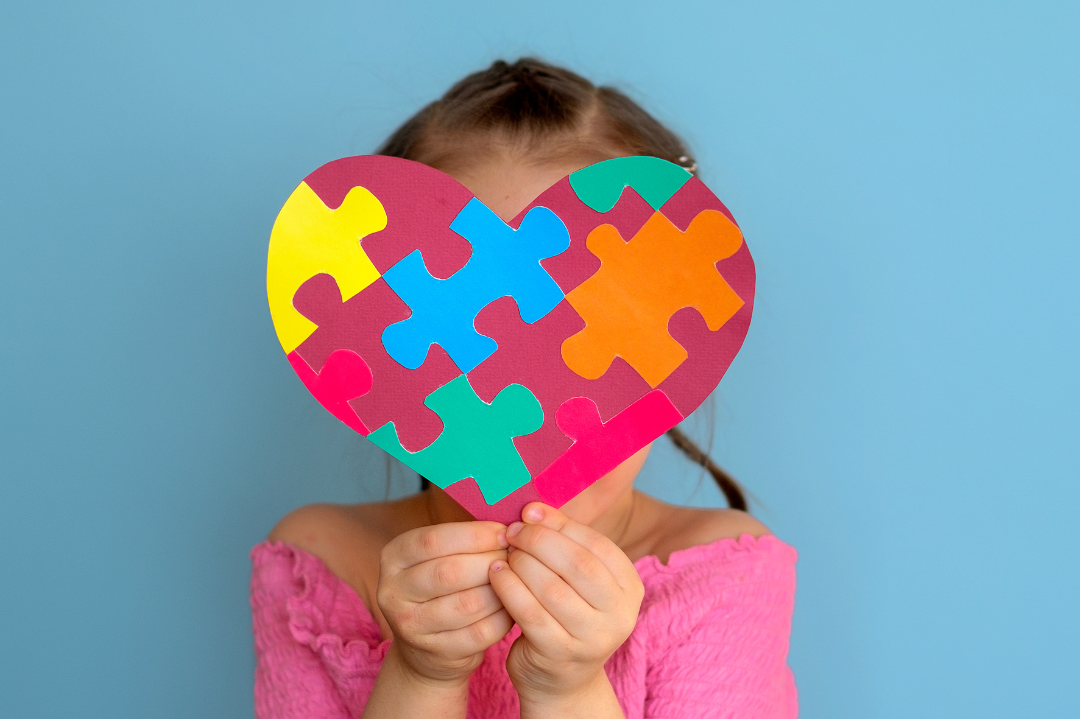Share This Story, Choose Your Platform!
How Parents Can Help Children Understand and Cope with Stress
Stress is described as a common feeling we get when we feel under pressure, overwhelmed or unable to cope (Cullins, 2022).
We are currently living in a time where stress has increased a lot . Our world as we know it has undergone a drastic shift. As a result, our children are not ready for this impact. Like adults, many kids are struggling right now. This reflects the current state of the world and not one’s parenting skills.
Children are remarkable “noticers”, they pick up on all our verbal exchanges and even more so, they absorb feelings going on around them. It’s important to note that in today’s world, there are a whole lot of feelings going on (Lyness, 2022). Children notice when their parents are stressed and this may react to their emotional states. However, children don’t always have the emotional intelligence or vocabulary to express themselves (Lyness, 2022). They also lack an understanding of what is truly happening around them. To them, it just feels different, uncomfortable, unpredictable, and extremely scary.
The best way we can help our children is to become “noticers” of them. Tune into their emotional or behavioral cues to provide support and guidance in these difficult times (Lyness, 2022).
Stress in children can bring about changes in their typical behavior. Each age/stage may show this differently. Common changes can include (Lyness, 2022):
- Being moody or irritable
- Stopping activities they once enjoyed
- Always showing worry
- Complaining about school
- Crying
- Showing fearful reactions
- Becoming overly clingy
- Change in eating and sleeping patterns.
It is important to note that all kids and teens feel stressed at times. Stress is a normal response to changes and challenges (Cullins, 2022). Life is full of those ,even during childhood. We tend to think of stress as a bad thing, caused by bad events. However upcoming good events (like graduations, holidays, or new activities) can also cause stress. Kids and teens feel stress when there’s something they need to prepare for or adapt to (such as a new school). Change often prompts stress — even when it’s a change for the better. Stress has a purpose. It’s a signal to help one get ready.
When children are feeling stressed, parents can play an important role in helping them find ways to cope (Cullins, 2022).
Ways to help your child cope with stress:
- Spot the trigger: It is important that a parent helps their child recognise and begin to track the times they feel stressed, what causes it and look for patterns in how they react (Dumey, 2022). Once they identify situations that are likely to make them feel stressed, you can explore together ways to prevent stress or deal with it quickly (Lyness, 2022).
- Limit stress where possible: If certain situations are causing stress, see if there are ways to change things (Lyness, 2022). For example, if there are too many after-school activities and it causes homework stress, it might be better to limit activities in order to have more time and energy for homework.
- Help kids feel safe, loved, and cared for: This is the best way to offset stress for children. Feeling close to you and knowing you love and accept them is more important than ever as well as validating and accepting their feelings (Lyness, 2022). Provide routines, such as the same bedtime or eating a meal together, these routines provide a rhythm and let kids know there are things they can count on. Always remember to listen to them, speak kindly and reassure them (Dumey, 2022). A parent can also talk to the child about ways they have dealt with stressful situations. By sharing your own experiences, you can inspire your child to find stress-managing habits that work for them.
- Spend positive time together: Encourage kids and teens to do things they enjoy. These might be things you can do together or things your children can do on their own, like enjoying music, nature, or art. These things prompt positive emotions that can offset some stress (Lyness, 2022).
- Teach coping skills: Kids feel better when they know there are things, they can do for themselves to decrease their stress. Kids of all ages can learn and practice calm breathing and meditation (Lyness, 2022). The most beneficial coping skill is abdominal breathing as it is very calming and helps to draw oxygen back into our lungs. Here’s an easy 3-step process (Dumey, 2022): place your hand on your stomach. Take 5 deep breaths, spend 5 seconds breathing in and 5 seconds breathing out, breathing in through your nose and out through your mouth.
- Lastly, be patient: As a parent, it hurts to see your child unhappy or stressed. But try to resist the urge to fix every problem (Lyness, 2022). Instead, focus on helping your child, slowly but surely, grow into a good problem-solver. That means a child who knows how to roll with life’s ups and downs, are able to put feelings into words, calm down when needed, and bounce back to try again (Dumey, 2022).
It’s important to note that parents can’t solve every problem as their children go through life. But by teaching them healthy coping strategies, you’ll prepare your children to manage the stresses that come in the future.
Like adults, children sometimes need to be reminded to be kind to themselves.
Author: Savannah Lombard

Reference list
Cullins, A. (2022). 5 essential steps to help children cope with stress. Big Life Journal. https://biglifejournal.com/blogs/blog/help-children-cope-stress
Dumey, B. (2022). Helping children cope with stress : 5 tips. Psych Central. https://psychcentral.com/stress/tips-for-helping-your-child-manage-stress
Lyness, D. (Ed.). (2022). Childhood stress: How parents can help (for parents) – nemours kidshealth. KidsHealth. https://kidshealth.org/en/parents/stress.html#:~:text=Talk%20them%20through%20the%20situation,OK%20and%20they%20can%20cope


